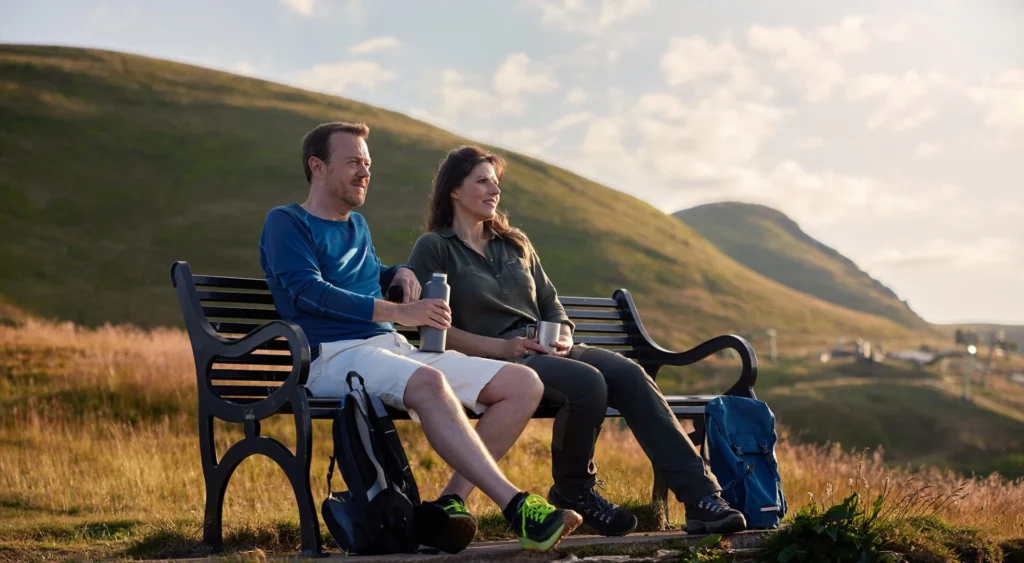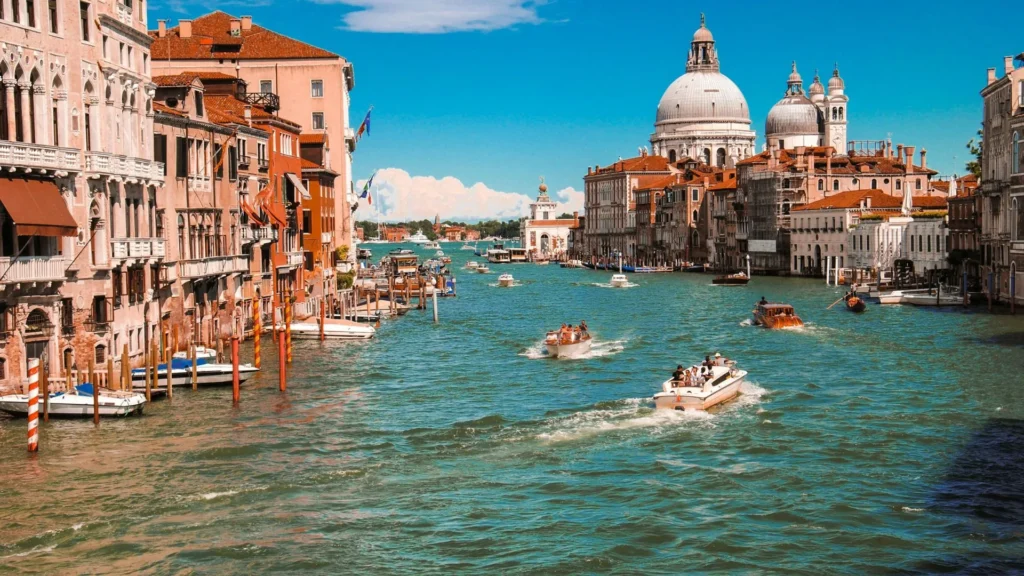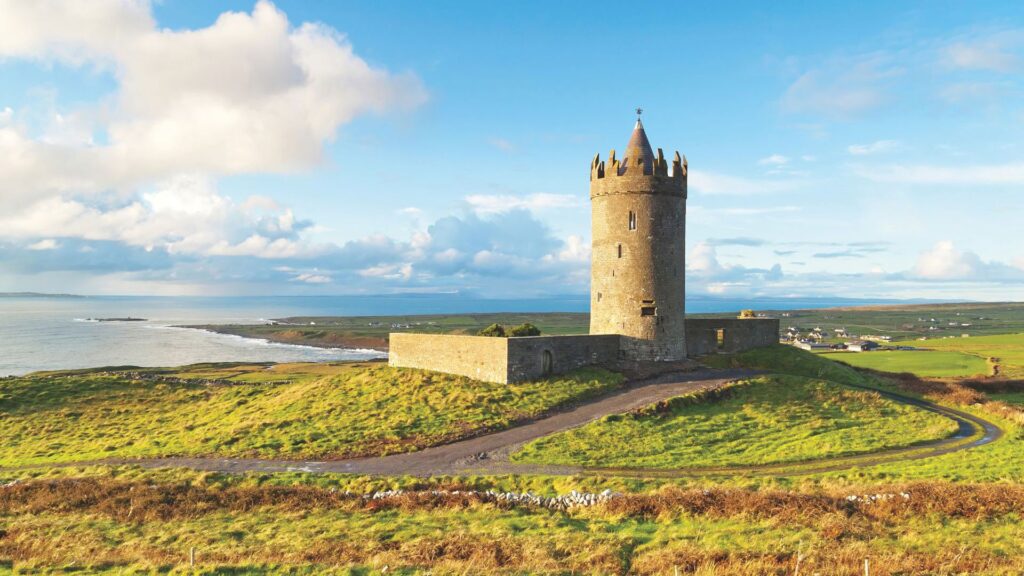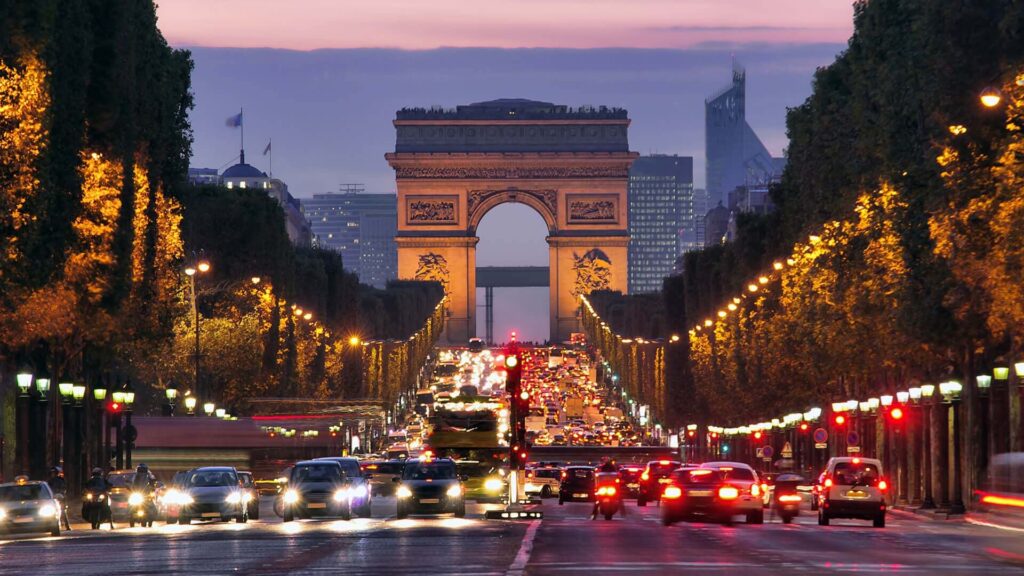Top European Travel Trends for 2025
European travellers are embracing a new era of purposeful travel, seeking experiences that nourish the mind, body, and spirit. According to Mastercard’s Travel Trends Report 2025, wellness retreats, cultural immersion, and outdoor adventures are set to define the year ahead.

Despite ongoing economic fluctuations, the report reveals that Europeans are prioritising travel experiences that offer deeper meaning, whether through personal well-being, connection with nature, or once-in-a-lifetime experiences. Wellness, sport, adventure, and culinary exploration are at the heart of this shift.
Top trending destinations for summer 2025 include Tokyo, Palma de Mallorca, and Osaka, while Tirana, Albania, has seen the highest growth in European visitors since 2019, particularly among Italian travellers.

“Europe’s travel sector continues to show impressive resilience,” says Natalia Lechmanova, Chief Economist for Europe at Mastercard Economics Institute. “We’re witnessing a clear pivot toward experiences that deliver personal value, retreats that restore, adventures that inspire, and journeys that reflect individual values.”
Italy and Poland are emerging as key wellness destinations, each posting notable growth in Mastercard’s Wellness Travel Index. Meanwhile, major sporting events such as the UEFA Champions League Final in London are driving significant travel spend, with a 148% increase from Spanish travellers and a 61% rise from Germans.

Culinary travel also remains a powerful motivator. Istanbul, for instance, welcomed diners from 67 nations last year—the highest international diversity among 43 cities studied. Other European hotspots including Cannes, Interlaken, Barcelona, Dubrovnik, and Mykonos ranked among the top global foodie destinations.
Nature-based travel is flourishing in the Nordic region, where forests, fjords, and vast open spaces offer a haven for outdoor enthusiasts. Finland leads in this sector, with its national parks accounting for over 7% of total cross-border visitor spending. Switzerland, France, Poland, and Norway also reported strong growth in nature-focused tourism.

Business travel patterns are evolving too. While trips have become less frequent, they now tend to be longer, especially for UK travellers, marking a shift toward more considered, experience-rich travel even for work-related journeys.
Mastercard’s accompanying Experience Economy Report 2025 confirms that travel remains the top spending priority for Europeans in the year ahead, followed closely by outdoor activities and dining. Notably, 70% of Europeans cite fulfilling bucket-list experiences as a key reason for travel.

As the global tourism sector continues to rebound, one thing is clear: Europeans are choosing to travel not just to see the world, but to connect more deeply with it, seeking wellness, culture, and authenticity along the way.



